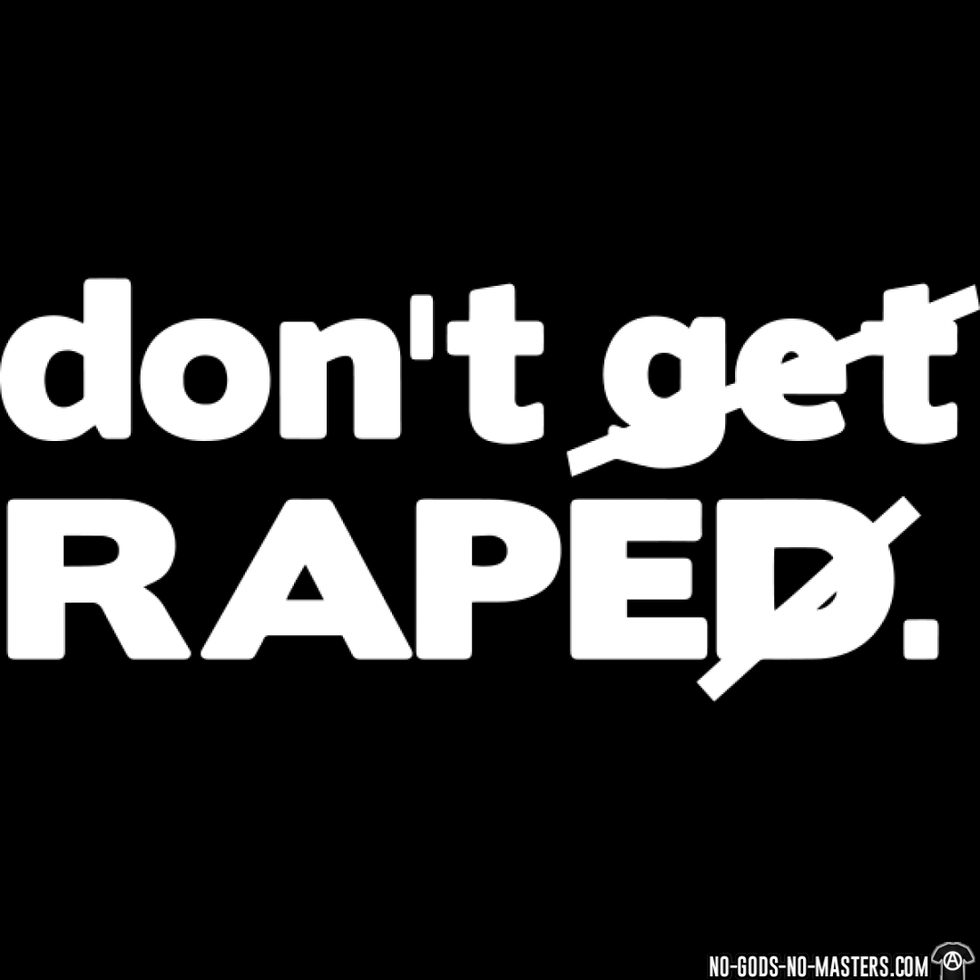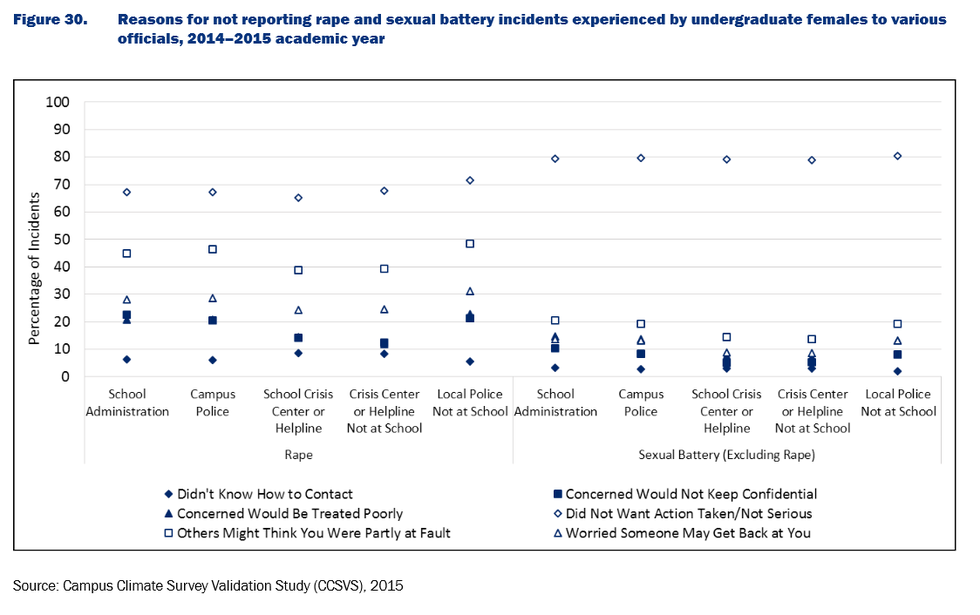“What was she wearing?” “Why was she walking alone so late at night?” “Well, she shouldn’t have drank that much.” These are common phrases that are overheard on college campuses around the nation when students find out about a sexual assault that happened on their campus. Yet, no one stops to ask, “Why did someone think it was ok to do that to another person?”
When looking for answers about why sexual assault is so commonplace on campuses, people gravitate toward placing the blame on the victim. People believe that the community is less responsible if they hold the victim accountable as opposed to the perpetrator. Such language and attitudes that place the blame of a crime on a victim are known as victim-blaming and can have serious repercussions, not only for the survivor, but for others who might endure sexual assault in the future or have in the past.
When someone has experienced sexual assault, the last thing they want to hear from anyone is that they could have done something differently to prevent it from happening. Victim-blaming undermines the lack of agency victims may have felt during their assault and creates the false notion that they are responsible for what happened to them. Victims are less likely to report their assault if they endure victim blaming. They may think that people will not believe them or that the assault is their fault. According an article by Time Magazine, in a “2007 study, 21% of physically forced victims and 12% of incapacitated victims did not report because they didn’t think the police would take the crime seriously.” If people have the perception that officials will not trust them, then how can victims be expected to relive their trauma only to find out that police will question if the assault even occurred. This leads to significant under-reporting of sexual assault, and can also result in mental health issues for victims who might already be facing other severe mental issues.
The way people phrase an assault can also impact a survivor’s self-image. By framing assault in a way that removes the perpetrators, people create the sense that the assault is part of the survivor’s identity, when in fact that is not necessarily the case. The attention needs to center around the perpetrator and his or her actions, not the victim’s. Without focusing on the perpetrator, people give him or her the opportunity to continue assaulting others.
Victim-blaming also deters other survivors from coming forward because of the backlash they see on those who do report their assault. These survivors then do not receive the support they may need, extending their trauma. Perpetrators, again, are able to escape and have the ability to commit sexual assault again. In a study done by Campus Climate Survey Validation Study, the second highest reason victims chose not to report their rape or assault was the fear that others might believe that they were at fault for their attack (shown in the graph). No victim should fear the questioning of their credibility if he or she chooses to come forward about his or her assault.
Survivors need support, not suspicion. No one ever goes out with the intent of being sexually assaulted. It is time that we shift our discussion of blame to the perpetrators and give survivors the secure environment they deserve. There are different ways to speak with survivors that are empathetic and do not make them feel as if they are being interrogated. Firstly, it’s important to let the victim know that you are sorry that this happened to him or her and that it is not his or her fault. If you hear statements that seem like they might be putting the blame on the victim, challenge them. Teach others that no one’s actions make it ok for another person to violate them. Hold perpetrators responsible for their actions and never accept excuses, such as the involvement of drugs or alcohol.
We have the power to change the way we talk about sexual assault. If we stop blaming victims and questioning their actions and instead question perpetrators, we can finally hold the right party accountable. Ending victim blaming will completely change rape culture as we know it and will give victims more opportunities to find support.






















